Students create center to celebrate disability culture
This spring, Disability Cultural Center (DCC) student leaders plan to host events, workshops and regular discussions based on topics suggested by students. Sunna Butler `22 (left) and Sunny North `23 (right) crafted in the new DCC space.
April 10, 2023
The new Disability Cultural Center (DCC) opened Tuesday, April 4, establishing a space for disabled students on campus to socialize, relax, attend events and create conversations surrounding disabled culture and ableism.
The DCC, located in Steiner Hall room 205, is run by three students and one advisor. Roman Belsher `24, executive outreach officer for the DCC, said the space will be student-led and focused on the lived experiences of disabled students rather than accommodations and academics, which is the focus of the office of accessibility and disability resources.
The project began in 2018 when Autumn Wilke, associate chief diversity officer for disability resources and current advisor for the DCC, along with Eliza Willis, professor emeritus of political science, and Maya Larson `22, submitted an application to the innovation fund, which supports ideas for project proposals at Grinnell College to improve education and campus life, to explore what having a DCC on campus could be like.
By exploring other cultural centers on campus such as the Black Cultural Center (BCC) and Stonewall Resource Center (SRC), as well as touring DCCs at Stanford, Berkeley and other schools, Wilke said they started thinking about what makes each of them a cultural center and how they can mirror that model.
Although Wilke said the COVID-19 pandemic curtailed the development of the DCC, the group got back on track this year. The initial focus of the innovation grant was to see if Grinnell would benefit from a disability cultural center in general.
Belsher talked to Grinnell College alumni to get a sense of what disability culture was like for them.
“Knowing how happy it made them when they found any amount of disability culture … [the DCC] could be a hub for people with disabilities who are going and doing awesome things,” Belsher said.
After accessing the need for a DCC on campus, Wilke said the executive officers started visioning what they wanted this space to be. Belsher said the DCC is a place for people to find their identity within the disability community.
“There’s a lot of resources for people with disabilities in terms of social and career development. Things that help disabled people survive a little better and feel better in the world … the goal is for disability to not be othered,” Belsher said.
Ariana Furlong `24, DCC executive operations officer, said the most important element of the space is adjustability.
“No two people who identify as disabled are the same. You have invisible disabilities, you have physical disabilities, and being able to morph the space to accommodate everybody should be the goal,” Furlong said. Furlong described the types of accommodations available at the center, including adjustable lighting and movable furniture. Feedback can be provided by filling out surveys through a QR code in the center or by emailing dcc@grinnell.edu.
Overall, the student officers said they want the space to feel comfortable for everyone. “My hope is that it will feel homey, but like an accessible version of homey … I go here, and I feel like I have a space that’s for me,” Belsher said.
The center started a weekly series called “Working With Ableism,” on Fridays from 12-1 p.m. in the Humanities and Social Studies Center room S1325, which are information sessions about educating others about ableism, how to respect those with disabilities and career development. On Mondays from 5-6 p.m., the DCC will also be hosting disability discussions.
“We are hoping for that to be kind of geared toward people who are more established in the community or who are wanting to become involved,” Belsher said.
Since the space started with an innovation grant, the future of the space is unknown. However, Belsher, Furlong and Wilke emphasized their commitment to making sure the space remains permanent in some form.
“I think it would be amazing to have a permanent space where those who are disabled on campus feel like they can be themselves. I think right now we’re at a great starting point because we’ve gone years without having a space and we’re finally getting one. Even if it’s temporary, I’m very thrilled,” Furlong said.




























































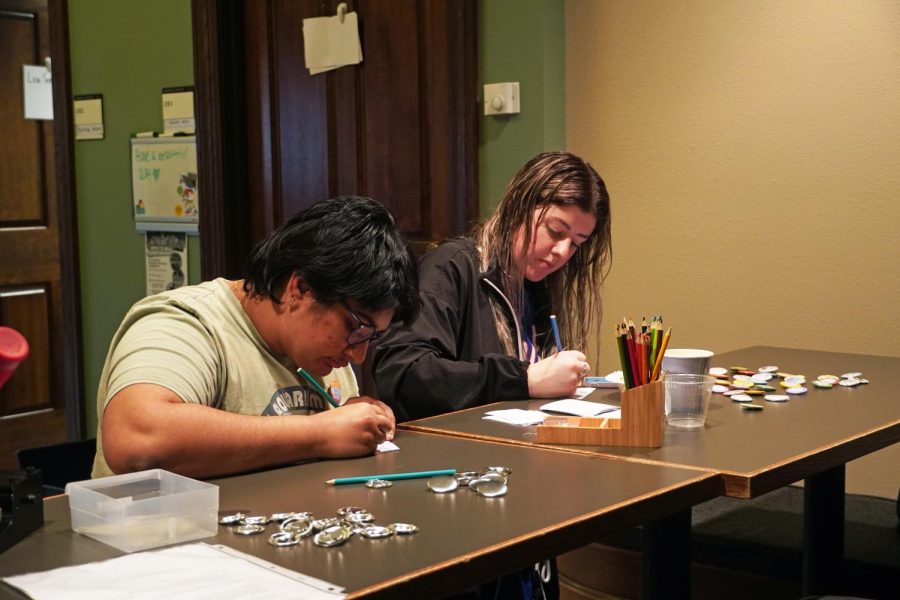
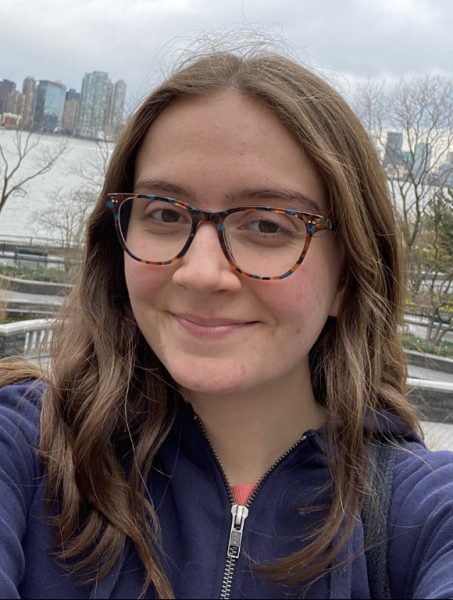
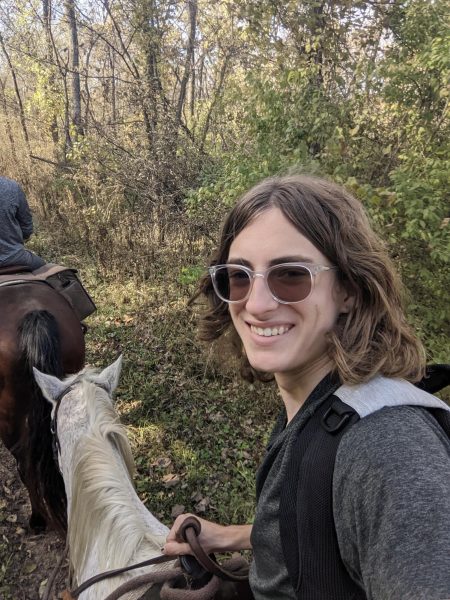
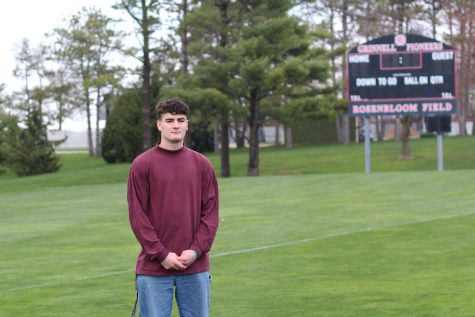
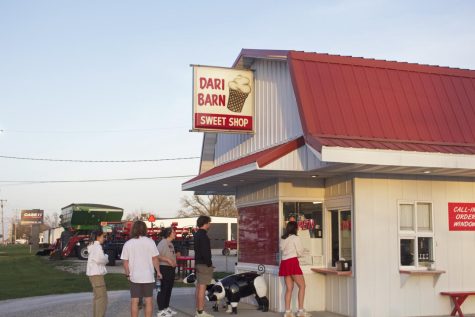
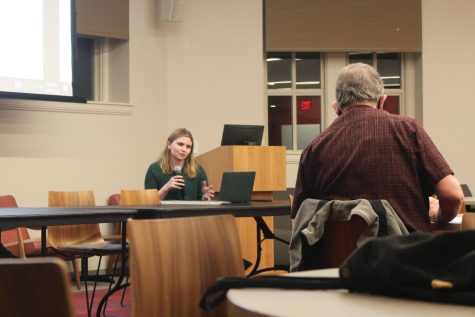
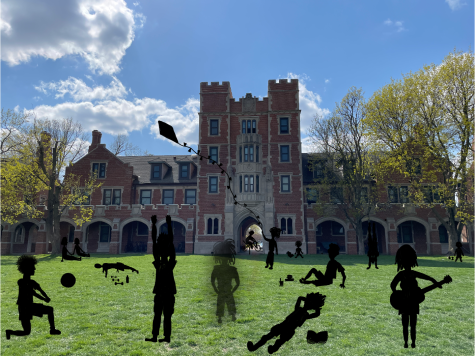
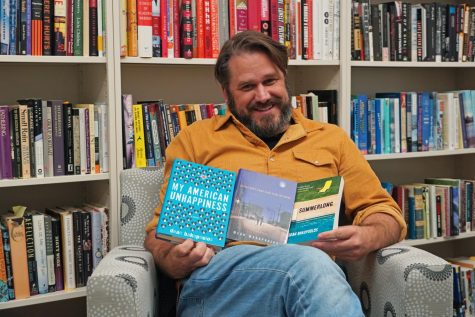
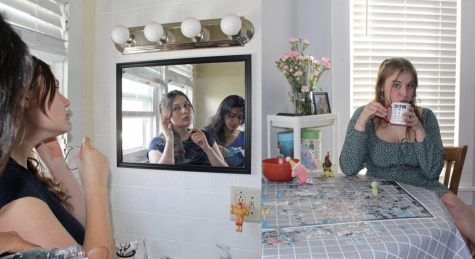
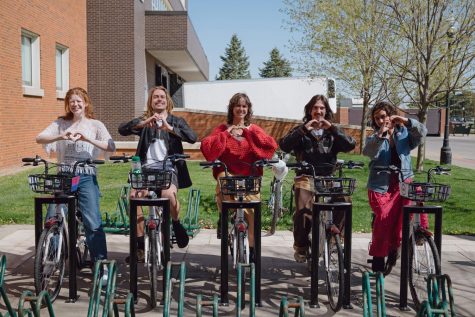
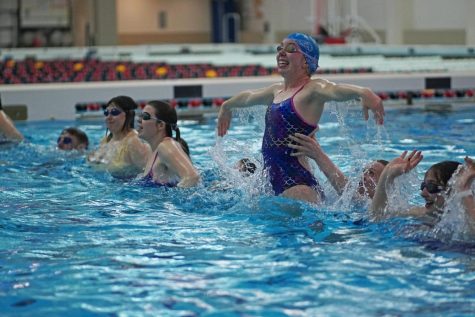
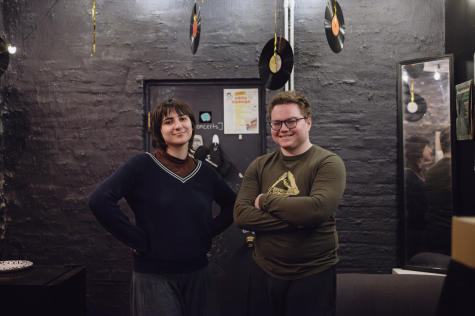
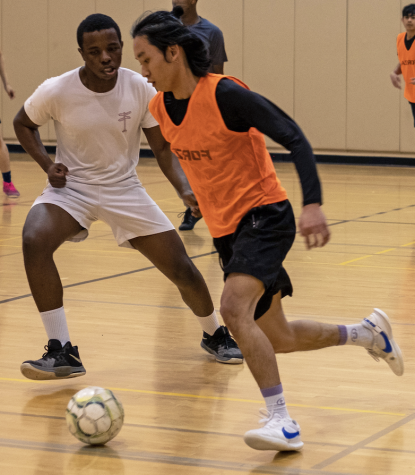
Sasha • Apr 17, 2023 at 7:52 pm
Yayyyy!